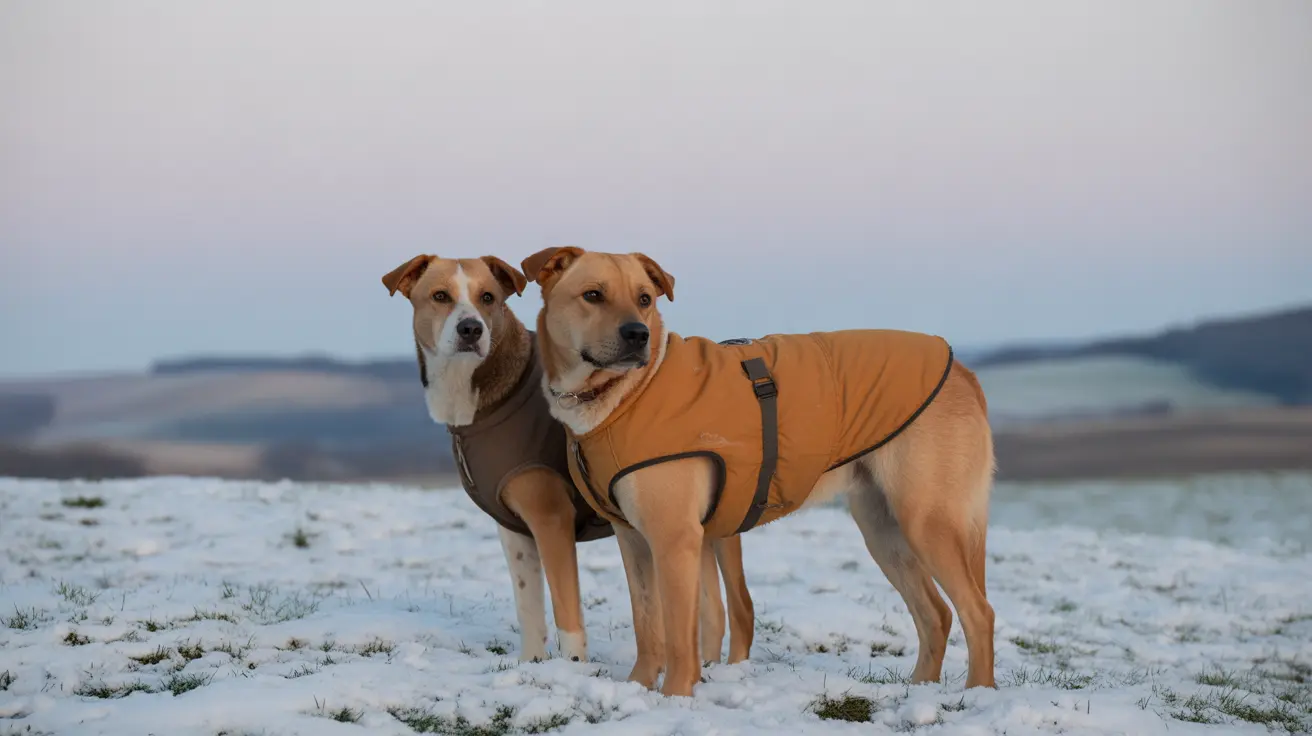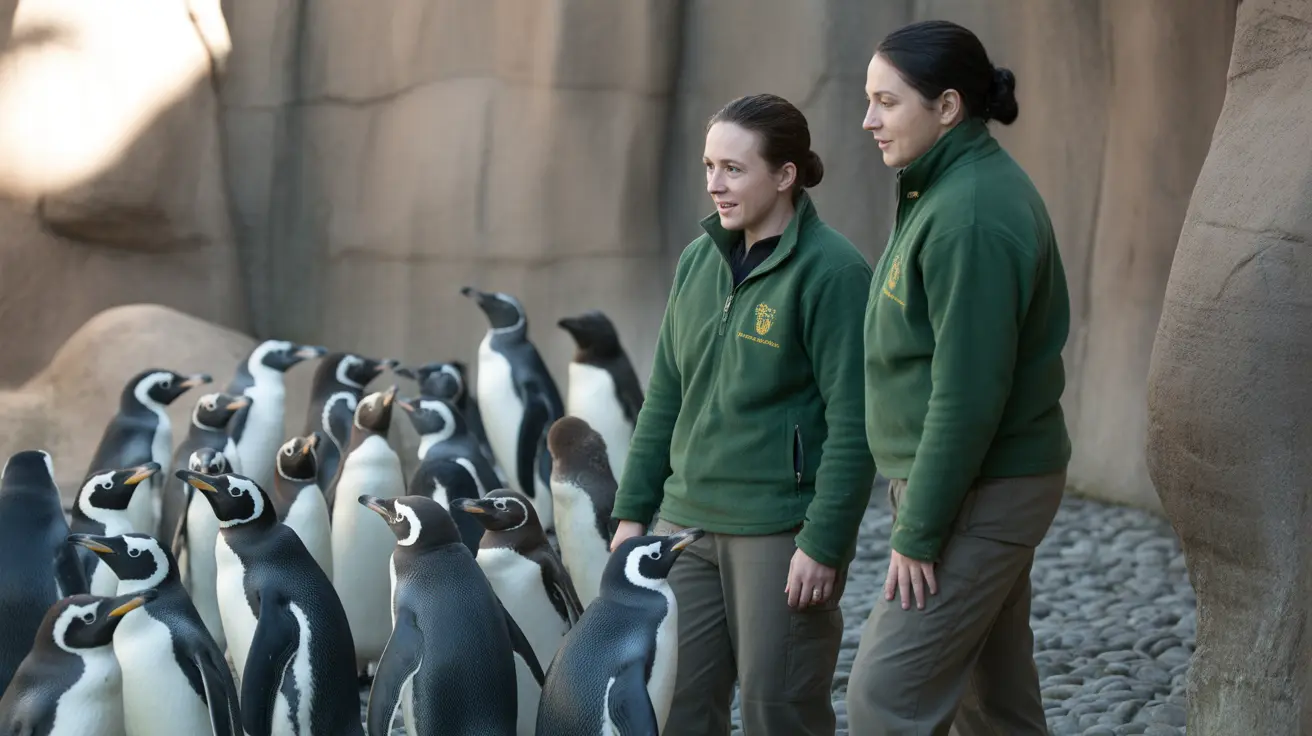For French Bulldog owners, witnessing their beloved pet experience a reverse sneezing episode can be alarming. These sudden, strange-sounding respiratory events often catch both pet and owner off guard, but understanding this common occurrence is crucial for proper care and peace of mind.
In this comprehensive guide, we'll explore everything you need to know about French Bulldog reverse sneezing, from its causes and symptoms to management strategies and when to seek veterinary care. Whether you're a new Frenchie parent or a seasoned owner, this information will help you better understand and handle these episodes.
Understanding Reverse Sneezing in French Bulldogs
Reverse sneezing, technically called paroxysmal respiration, occurs when a dog rapidly and forcefully inhales air through the nose, creating a distinctive snorting or honking sound. For French Bulldogs, their unique brachycephalic (flat-faced) anatomy makes them particularly susceptible to this condition.
During an episode, your Frenchie might extend their neck, stand still, and appear distressed while making these unusual sounds. While it might look concerning, these episodes typically last less than a minute and usually resolve on their own.
Common Triggers and Causes
Several factors can trigger reverse sneezing in French Bulldogs:
Anatomical Factors
French Bulldogs' shortened muzzles, elongated soft palates, and narrowed nostrils naturally predispose them to respiratory issues, including reverse sneezing.
Environmental Triggers
Common environmental causes include:
- Dust and pollen
- Strong perfumes or cleaning products
- Smoke
- Sudden temperature changes
- Exercise or excitement
Physical Irritants
Physical factors that may prompt episodes include:
- Pulling against a collar during walks
- Eating or drinking too quickly
- Nasal inflammation from allergies
- Foreign objects in the nasal passage
Managing Reverse Sneezing Episodes
When your French Bulldog experiences a reverse sneezing episode, try these effective management techniques:
Immediate Response
- Remain calm to avoid increasing your dog's anxiety
- Gently massage your dog's throat
- Briefly cover their nostrils to encourage swallowing
- Move them to fresh air if environmental triggers are suspected
Prevention Strategies
- Use a harness instead of a collar for walks
- Keep your home free from strong fragrances and irritants
- Maintain regular cleaning schedules to minimize dust
- Monitor your dog's activity level and excitement
When to Seek Veterinary Care
While most reverse sneezing episodes are harmless, certain situations warrant professional attention:
- Episodes occurring multiple times daily
- Episodes lasting longer than a minute
- Accompanying symptoms like nasal discharge or difficulty breathing
- Changes in eating or drinking habits
- Signs of distress or discomfort during episodes
Frequently Asked Questions
What is reverse sneezing in dogs, and why do French Bulldogs experience it often?
Reverse sneezing is a sudden, rapid inhalation of air through the nose that creates a snorting sound. French Bulldogs experience it frequently due to their flat-faced anatomy, which includes shortened airways and elongated soft palates, making them more susceptible to respiratory issues.
How can I calm my French Bulldog during a reverse sneezing episode?
Remain calm and gently massage your dog's throat. You can also briefly cover their nostrils to encourage swallowing, which often helps stop the episode. Moving them to fresh air can also help if environmental triggers are suspected.
What are the common causes of reverse sneezing in French Bulldogs, and how can I prevent them?
Common causes include environmental irritants, excitement, allergies, and their unique anatomy. Prevention involves using a harness instead of a collar, minimizing exposure to irritants, and maintaining a clean living environment.
When should I be concerned about my French Bulldog's reverse sneezing and seek veterinary help?
Seek veterinary care if episodes occur frequently, last longer than a minute, are accompanied by other symptoms, or if your dog shows signs of distress. Regular check-ups can help monitor any developing respiratory issues.
Can reverse sneezing in French Bulldogs be a sign of an underlying health issue, and how is it diagnosed?
While most cases are benign, persistent reverse sneezing can indicate underlying issues like infections, allergies, or anatomical problems. Diagnosis may involve physical examination, rhinoscopy, or imaging studies to rule out serious conditions.
Conclusion
Understanding French Bulldog reverse sneezing is crucial for providing the best care for your pet. While these episodes can be concerning, they're usually harmless and manageable with proper knowledge and preventive measures. Keep track of your dog's episodes, implement prevention strategies, and consult your veterinarian when necessary to ensure your Frenchie's respiratory health and overall well-being.






